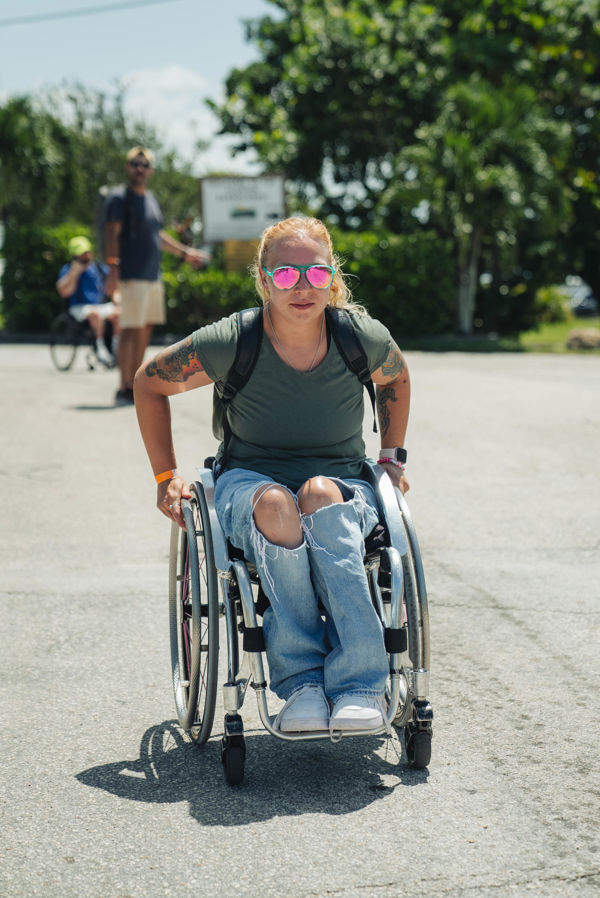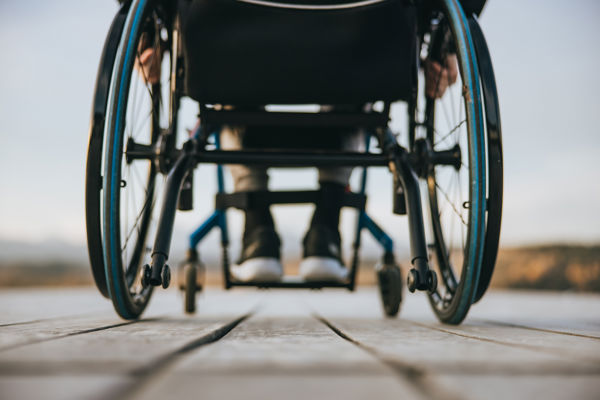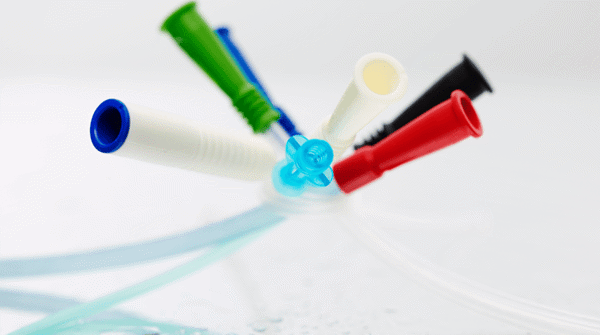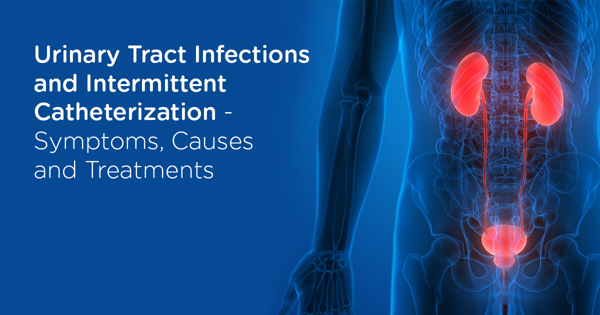Learning resources Discover more
What do you want to know more about? Choose your area of interest and find instructive material that will help you learn more about bladder and bowel care.
What do you want to know more about? Choose your area of interest and find instructive material that will help you learn more about bladder and bowel care.
key:global.content-type: Article
In 2011, Brianna was in a car accident where she got a spinal cord injury that left her paralyzed from the waist down. She has been a wheelchair user since the accident, but it took 10 years before she was told how to perform intermittent catheterization in a practical and efficient way, not being confined to her bed and using LoFric Elle. Read her story in her own words.

key:global.content-type: Article
Ninthe (9) lives with her parents and brother in Almelo, The Netherlands. From the day she was born, she was unable to feel the urge to go to the bathroom. We interviewed Ninthe and her parents at their home. Ninthe hopes her story will inspire other children to understand that bowel irrigation is not a problem and that you can go to school again without having accidents.

Veterans Affairs (VA) hospitals are going above & beyond by providing veterans with quality LoFric catheters for intermittent catheterization (IC).

It can be difficult to find a regular toilet routine if you suffer from chronic constipation or fecal incontinence. Some people constantly fear public accidents or literary spending hours in the bathroom.

key:global.content-type: Article
Female urinary incontinence is a very common condition. Let's take a look at what everyday life entails with respect to recognizing this issue and understanding which treatments are available.

key:global.content-type: Article
In this blog, we will cover what urinary catheters are, why you would need to use them, and how they work. We’ll also look at some of the specific considerations for using catheters for both men and women.

key:global.content-type: Blogpost
Noah*, 49 years old, is recovering from rectal cancer. After surgery, he found he had additional problems with fecal incontinence which affected all aspects of his life. In this article, he tells us how Transanal Irrigation (TAI) allowed him to recover his freedom and confidence.

What are the three most common female bladder problems? Keep reading to learn more about these conditions.

"It was very helpful for us at the time, when Harry was a little baby with reduced function, to meet a boy with similar problems, and to get to know a family with our kind of approach to life, who had struggled with the same things as us.”

Marija - 58, has been chronically constipated for years. Keep reading to learn about her journey and how she took control of her bowel issues.

key:global.content-type: Article
Urinary retention means that urine remains in the bladder even after you've been to the toilet. The reasons can vary, but one condition causing retention is Atonic Bladder. In this article, we take a look at the causes, effects, and solutions for this condition.

